Furlong was drafted in the fifth round by the San Jose Sharks in the 2022 NHL Entry Draft. The 21-year-old defenseman has two assists in 12 games with the San Jose Barracuda (AHL) this season and has yet to play an NHL game.
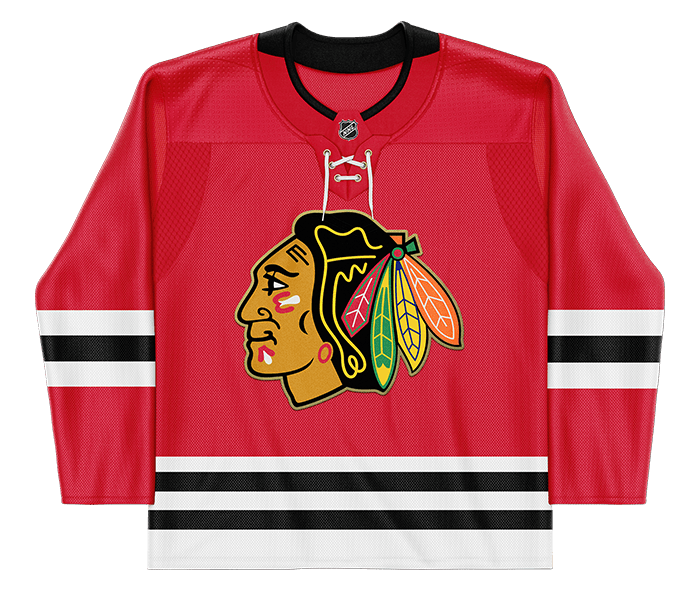
Furlong was drafted in the fifth round by the San Jose Sharks in the 2022 NHL Entry Draft. The 21-year-old defenseman has two assists in 12 games with the San Jose Barracuda (AHL) this season and has yet to play an NHL game.

Allan was drafted 32nd overall by the Blackhawks in the 2021 NHL Entry Draft. The 22-year-old defenseman made his NHL debut last season, scoring eight points (1G / 7A) in 43 games with the Chicago Blackhawks, but has spent the entirety of the 2025-26 season in the AHL.
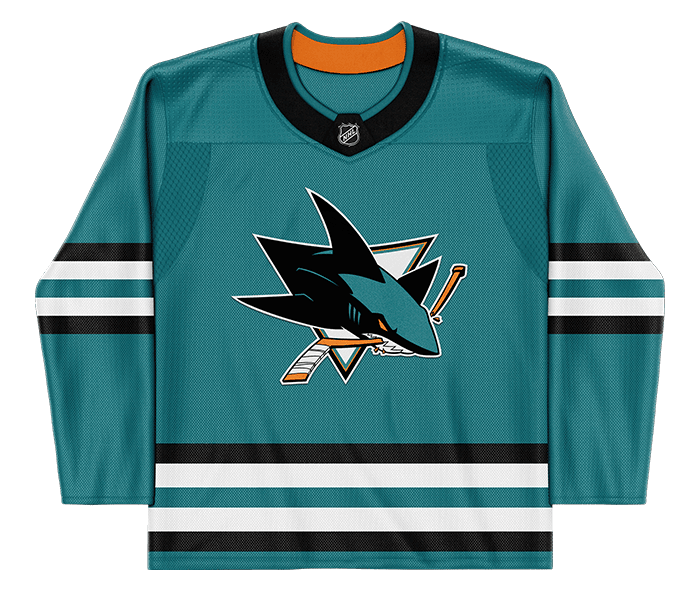
The Sharks have added some goaltending depth by acquiring Brossoit from the Chicago Blackhawks. The 32-year-old Brossoit recently returned from a two-year absence due to injury and a 3.38 GAA and .901 SV% in six games (3-3-0) with the Rockford IceHogs (AHL). He has a 2.64 GAA and .911 SV% in 140 career NHL games (64-46-13), but has not played an NHL game since the 2023-24 season.
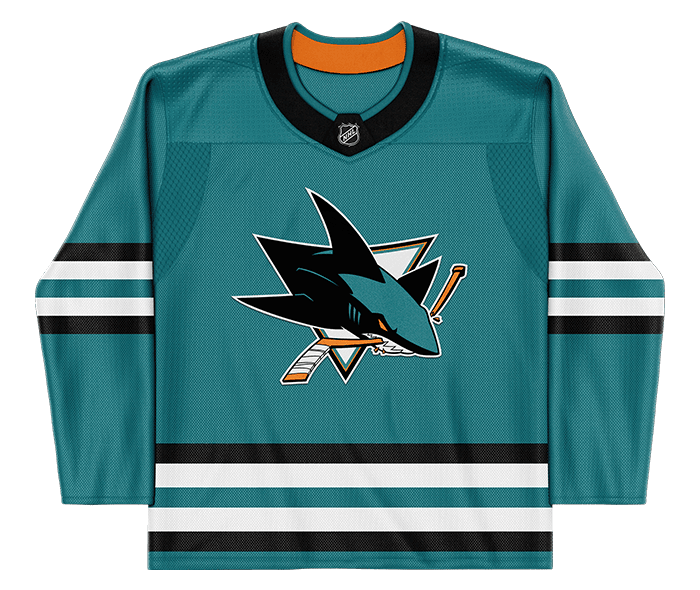

Zamula had been in and out of the lineup for the Flyers all season and he will hope to find more stability on the blueline with the Penguins. The 25-year-old defenseman averaged 14:02 time-on-ice and recorded one assist in 13 games with the Flyers.
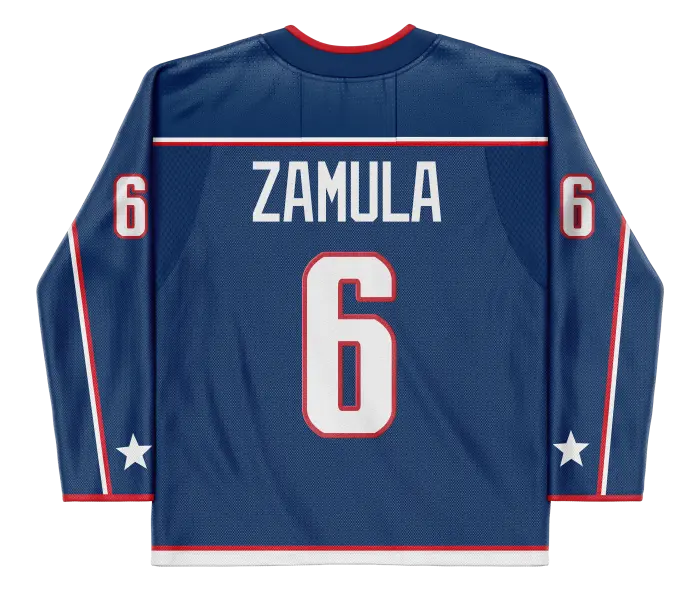
Tomasino had not played much this season, limited to only nine games with Pittsburgh, and will hope a change of scenery helps him find another gear in Phiadelphia. The 24-year-old forward has 95 points (34G / 61A) in 218 career NHL games.

Chinakhov was drafted 21st overall in the 2020 NHL Entry Draft, but had trouble establishing himself with the Blue Jackets and will hope a change of scenery in Pittsburgh can get him going. The 24-year-old forward has 77 points (37G / 40A) in 204 career NHL games.
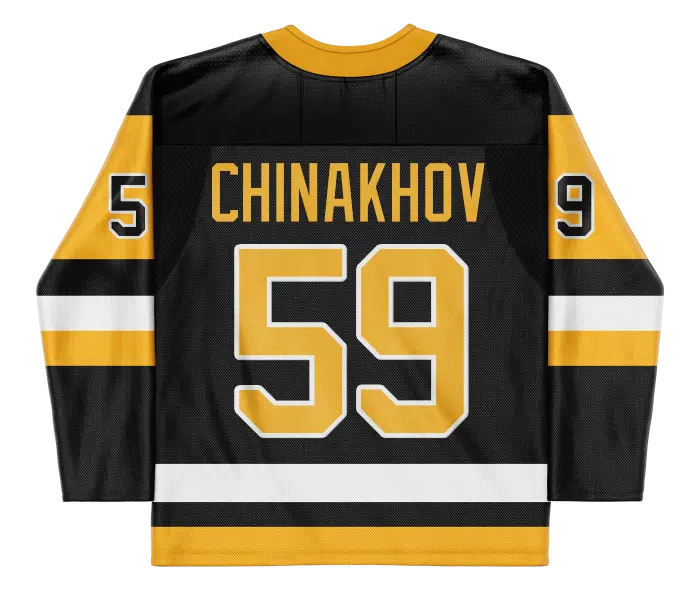
With healthy bodies returning to Pittsburgh's lineup, Heinen was placed on waivers with the intention of being assigned to the AHL, but has instead been sent to the Columbia Blue Jackets via trade. The 30-year-old Heinen has spent most of the season in the AHL, where he scored an impressive 17 points (6G / 11A) in 12 games with the Wilkes-Barre Scranton Penguins (AHL).
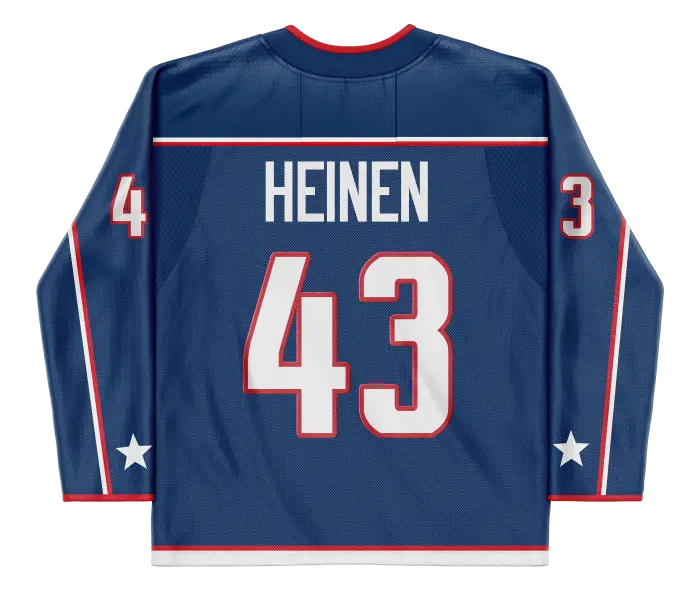
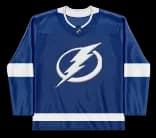

Marchment was acquired by the Kraken back in June for third and fourth round picks, and has been flipped six months later for second and fourth round picks. Marchment, who is in the final year of a four-year deal worth $4.5M AAV. The 30-year-old winger has scored four goals with nine assists (13 points) in 29 games this season.
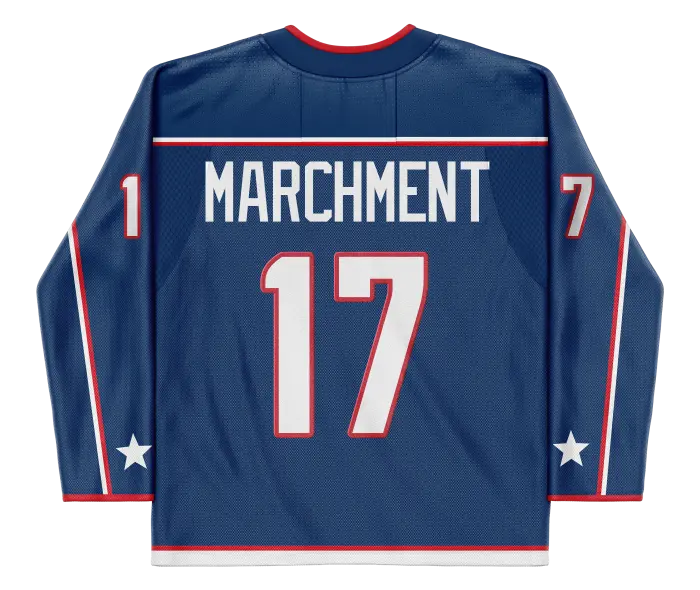
Danault has had an extremely quiet season offensively, going goalless with just five assists in 30 games this season. Danault, who is signed through 2026-27 with a cap-hit of $5.5M, reportedly expressed a desire to be traded and the Kings facilitated a deal in exchange for a 2026 2nd Round Pick. Danault returns to Montreal, where he played from 2016 to 2021.

The 19th-overall pick of the 2022 NHL entry draft, Ohgren has yet to realize his full potential and is the least consequential piece heading to Vancouver in exchange for franchise great Quinn Hughes. The 22-year-old forward has just seven points in 46 games across three NHL seasons while primarily featuring in Minnesota's bottom-six. Ohgren failed to register a point in 18 games with the Wild this season.
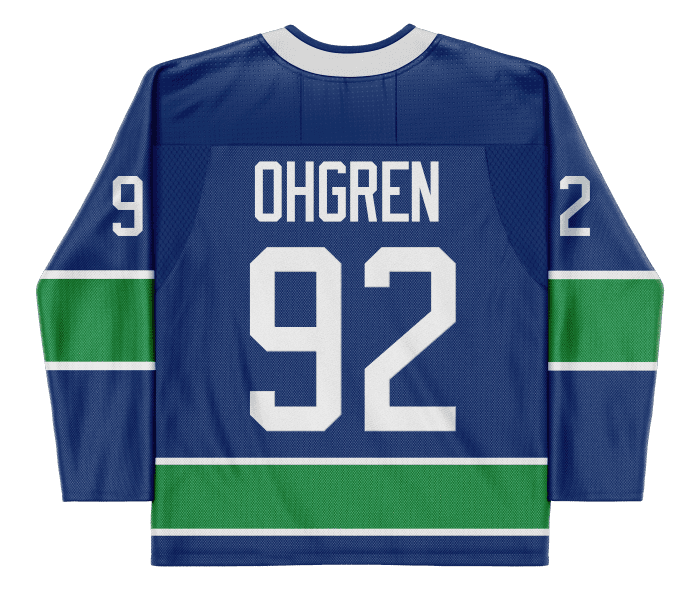
The former ninth-overall pick of the 2020 NHL entry draft, Rossi's inclusion in the Hughes deal helps to address a dire need in the Canucks lineup. With Elias Pettersson (upper-body) currently sidelined, Rossi figures to feature as Vancouver's interim number-one centre. The 24-year-old centreman set a career-high with 60 points a year ago and was off to another productive start in Minnesota, tallying four goals and 13 assists across 17 games this season.

One of the top defensive prospects in all of hockey will now have even more pressure to fulfill his mighty potential as Buium is the centre piece of the haul the Canucks acquired in exchange for franchise great Quinn Hughes. The 12th overall pick in the 2024 NHL entry draft, Buium excelled in his two seasons of NCAA hockey, racking up 24 goals and 74 assists across 83 games at the University of Denver. The 20-year-old defenseman made his NHL debut earlier this season and appeared in 31 games for the Wild, tallying three goals and 11 assists.

The most anticipated blockbuster trade of the 2025-26 NHL season has finally come to fruition, as the Canucks captain is surprisingly shipped to Minnesota in exchange for a 2026 first-rounder and a trio of former first-round picks. One of the very best defensemen in the NHL today, the acquisition of Hughes immediately gives the Wild one of the best blue-lines across the entire league. The former Norris Trophy winner leaves Vancouver after eight seasons in which he tallied 61 goals and 371 assists across 459 career regular season games.
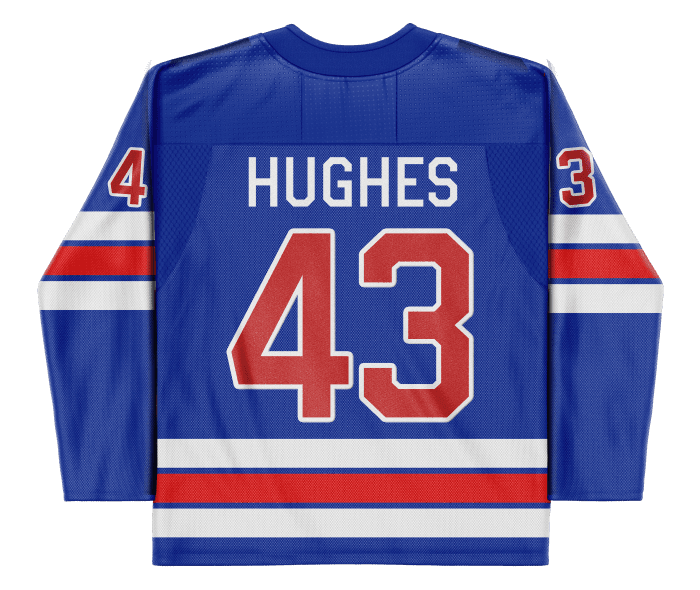
An NHL veteran of over 600 games, Kulak was a regular presence this season on the Oilers' third defensive pair, averaging 17:42 time-on-ice through 31 games. The 31-year-old defenseman will add a veteran presence to a Penguins defensive core with several inexperienced blueliners.

After speculations had regularly circulated around the Oilers organization about a change between the pipes, a move was finally made on Friday in a deal that sent Stuart Skinner to the Pittsburgh Penguins. The 27-year-old Skinner was unable to consistently be a reliable goaltending option for the Oilers and hopes a change of scenery can help him flourish with the Penguins. Skinner had a 2.83 GAA and .891 SV% in 23 games with Edmonton this season (11-8-4), and was ironically moved after his most consistent stretch, posting a solid 2.15 GAA and .913 SV% in his last seven games (4-2-1).

Poulin was a first-round pick of the Penguins in the 2019 NHL Entry Draft, but has yet to make an impact at the NHL level, appearing in only 15 career games. The 24-year-old forward had 20 points (9G / 11A) in 22 games with Wilkes-Barre/Scranton (AHL) this season.
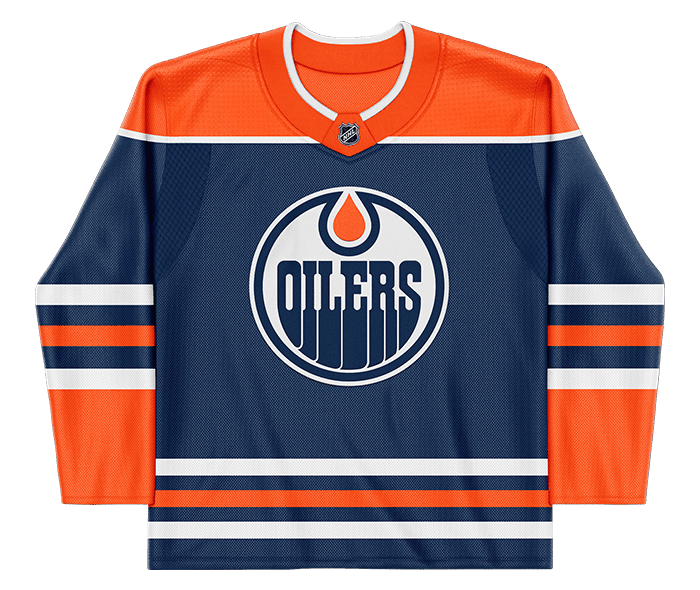
With the Oilers struggling to find consistency in net with Stuart Skinner, rumors have regularly circulated about the team looking to improve the position. They hope to have found that improvement in Tristan Jarry. The 30-year-old Jarry had a forgetful 2024-25 season, including a lengthy demotion to the AHL, posting an ugly 3.12 GAA and .892 SV% in 36 games with Pittsburgh (16-12-6). He was off to a semi-resurgent 2025-26 season, posting a 2.66 GAA and .909 SV% in 14 games before being traded (9-3-1). Jarry has battled inconsistency throughout his career and has a limited, but troubling playoff history, appearing in only 8 total games (2-6-0) while posting a 3.00 GAA and .891 SV%.
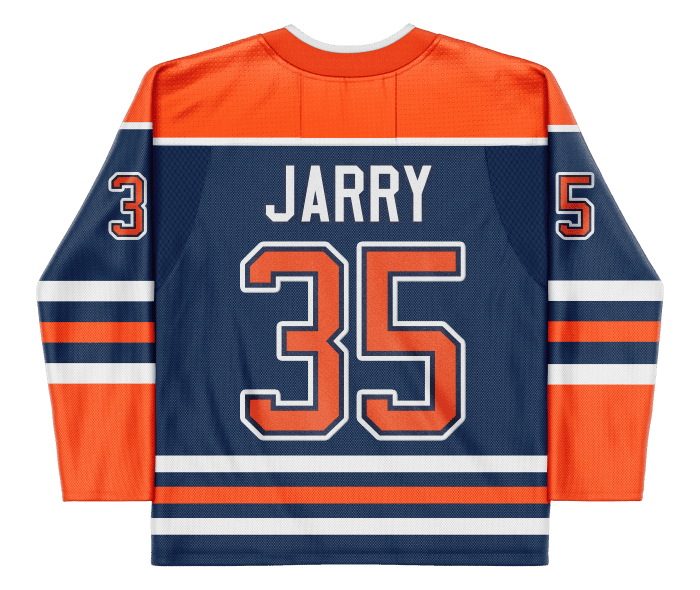
NHL trades are decided between two or more team general managers. The front office’s job is building a winning team. Building a winning team means discussing trades with other general managers across the league.
During the NHL regular season, players can be traded up until the trade deadline. The deadline is the official cutoff point for when teams can no longer make moves between each other. Players can also be traded throughout the offseason.
Teams trade players in hockey for a variety of reasons, but generally, it is done to find success, whether that is in the short term or long term. Teams may trade their top players in search of draft picks if they are undergoing a rebuild, whereas contending teams may look to acquire talent to boost their playoff chances.
Trades are a common occurrence throughout the NHL and happen often. Some years feature less trades than others, it all depends on each teams needs and the availability of attractive talent.